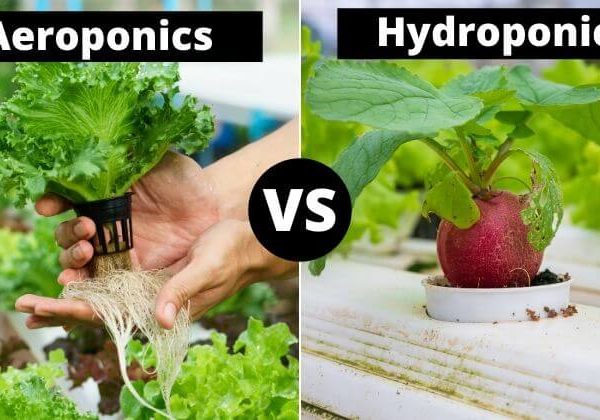Plants that are receiving too much fertilizer will grow plenty of shoots and leaves. However, rapid growth may weaken them. When it comes to trees, too much fertilizer might lead to fewer fruits.
What if you give too little fertilizer? Hungry plants do not perform as well as plants fed adequately. Aside from poor health and fewer fruits, plants that do not receive enough fertilizer are more prone to diseases.
Now, what does proper tree fertilization in Utah County entail?
Keeping trees and shrubs vigorous and happy
You should start rethinking what you know about plants. If you’ve never heard of trees being “fed” fertilizer, then you’re hearing it from us for the first time. It’s not a new practice. After all, trees are plants and they need all the essential nutrients to grow healthy. Unfortunately, some locations do not offer adequate nutrition, and trees that grow in non-fertile soil may not grow as sturdy.
Of course, it is important to determine the state of the soil and check if a nutrient deficiency is indeed preventing the trees from thriving. Before adding nutrients to the soil, you should know what it needs and what the plants require at a specific time of their growth cycle.
When trees need to be fed
 Vigorous and robust growth is the main benefit of proper and adequate fertilizer use. Trees that are trying to battle pest insects or struggling against disease may exhibit reduced growth rates. Some trees that are experiencing problems may have undersized leaves. Generally, these trees qualify for fertilization.
Vigorous and robust growth is the main benefit of proper and adequate fertilizer use. Trees that are trying to battle pest insects or struggling against disease may exhibit reduced growth rates. Some trees that are experiencing problems may have undersized leaves. Generally, these trees qualify for fertilization.
A key concept to remember is that trees must establish a healthy root system before it can benefit from the addition of nutrients to the soil. If you have just planted a sapling, let it grow for a while. When a tree recently suffered root damage, then you must refrain from fertilizing it annually. Established trees with their complex root system firmly holding onto the ground do not need to be given additional nutrients. They get what they need and they will thrive without our help if we let them be.
Lastly, putting fertilizer on lawn grass would already benefit trees in the area, and therefore, you won’t need to apply nutrients separately.
Correcting nutrient deficiency
Chronic nutrient deficiency is a direct cause of highly alkaline soils. In some instances, soils are deficient in specific nutrients. You can do something to amend these situations.
Trees, like other plants, benefit from the application of additional nitrogen, phosphorus, and potassium. When soil testing reveals a nutrient deficiency, you must be ready to provide the nutrients and trace minerals the trees need to grow and thrive.
Each tree in the garden will have a different need. You can determine this with the help of tree care specialists. Perhaps you can take the first step to better tree care by commissioning testing to determine if the nutrients are present and whether a deficiency in a specific nutrient could deter tree growth. Getting professional help is your best option.




